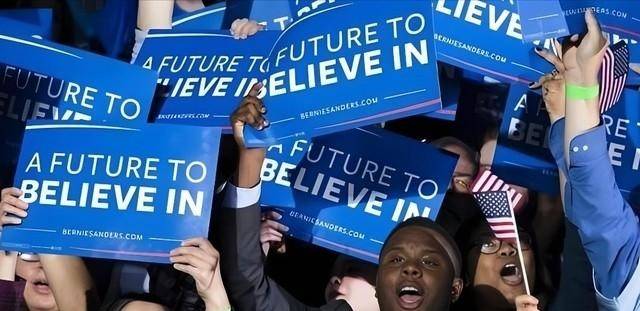In the summer of 2025, the U.S. political scene felt like it had been thrown into a boiling cauldron, turning chaotic and tense. Inside the Senate, a nail-biting vote on the so-called “Big and Beautiful” bill ended 51 to 50, with Vice President Vance casting the decisive vote. That single choice catapulted the entire nation into a fierce debate and national uproar.
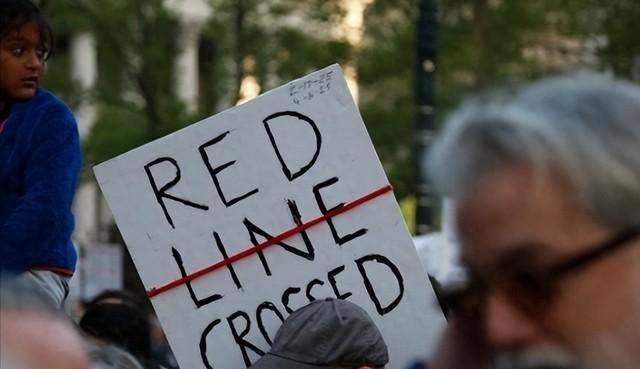
The bill sounded grandiose, promising $4 trillion in tax cuts for corporations and wealthy households, but it came with a harsh price — deep cuts to Medicaid and food assistance programs. This move sparked outrage among the lower-income population, who felt betrayed and abandoned. Elon Musk publicly broke ranks with Trump, even launching a new political group called the “American Party” to challenge the two dominant parties. Meanwhile, 63-year-old Barack Obama wasn’t staying silent either; he joined forces with former President George H.W. Bush to openly criticize Trump’s policies.
By July 2025, the Trump administration pushed forward the “Big and Beautiful” bill, officially named the “American Prosperity and Security Act.” On the surface, it promised a massive $4 trillion tax cut aimed at corporations and families earning over $500,000 annually, touting it as a plan to revitalize the economy and make America “great again.”
jrhz.info
However, behind the flashy promise, the legislation slashed Medicaid and food assistance significantly, even raising the eligibility age for elderly food aid from 62 to 64. Republicans applauded, arguing it would boost business profits and create jobs. On the flip side, Democrats slammed it as a blatant “rob the poor to feed the rich” scheme. Analysts projected that national debt would balloon by $36 trillion over the next decade, leaving average Americans struggling even more.

On the day of the vote, the Senate chamber was as tense as a drawn bowstring. The results came in: 50 senators in favor, 50 opposed — a perfect tie. Vice President Vance stepped in to break the deadlock with a decisive “yes,” pushing the bill through 51 to 50. This triggered a nationwide uproar as protesters flooded the streets, holding signs demanding fairness and social welfare. Calculations showed that families dependent on food assistance could lose thousands of rupees annually, while wealthy individuals would save tens of thousands in taxes, widening the economic gap.
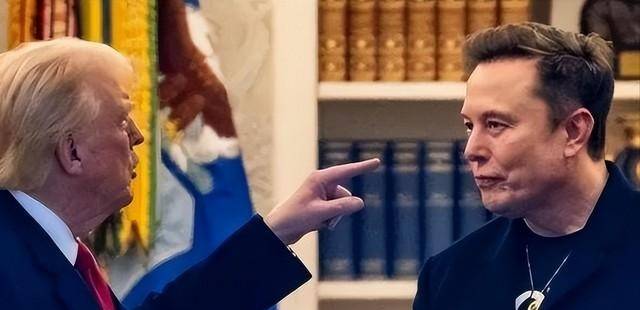
Elon Musk couldn’t stay silent. From Tesla’s California headquarters, he bombarded the social media platform X with dozens of posts denouncing the bill as an “open robbery of the poor,” singling out Trump as only caring for his own circle. The next day, at a press conference in his factory, Musk announced plans to form the “American Party,” promoting innovation, sustainability, and fairness. The media went into a frenzy, speculating whether Musk was serious about taking on the two-party system.
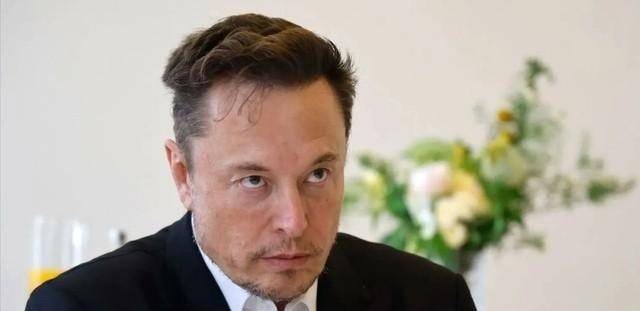
Trump was quick to retaliate, firing back from the White House, calling Musk “clueless about politics” and telling him to “go back to South Africa” if he didn’t like it. The jab stung, considering Musk had spent over 30 years building his life in the U.S. and had obtained citizenship. Musk hit back sharply, saying, “I’ve contributed so much to America; telling me to leave is ridiculous!” Their public feud sent Tesla’s stock and government contracts into turmoil, stirring heated debates across the country.
Amid the chaos, 63-year-old Obama stepped forward. In an interview, he condemned Trump’s plan to shut down the International Development Agency, calling it a grave mistake that would damage America’s global standing. George H.W. Bush echoed Obama’s concerns, warning the move could strain relations with allies. The two former presidents’ joint criticism shifted public focus back to the international consequences, intensifying pressure on Trump.
Though the bill had passed the Senate, it still needed to clear the House. Republicans held a majority there, but the party was far from unified. Many representatives faced furious constituents calling their offices and protesting outside, chanting “Veto it!” House Speaker Johnson scrambled to broker a compromise, resulting in a slightly scaled-back version with reduced tax cuts and more moderate welfare cuts before it narrowly passed. Trump breathed a sigh of relief, but polls showed his approval rating had fallen to 53%, a significant drop since the start of the year.
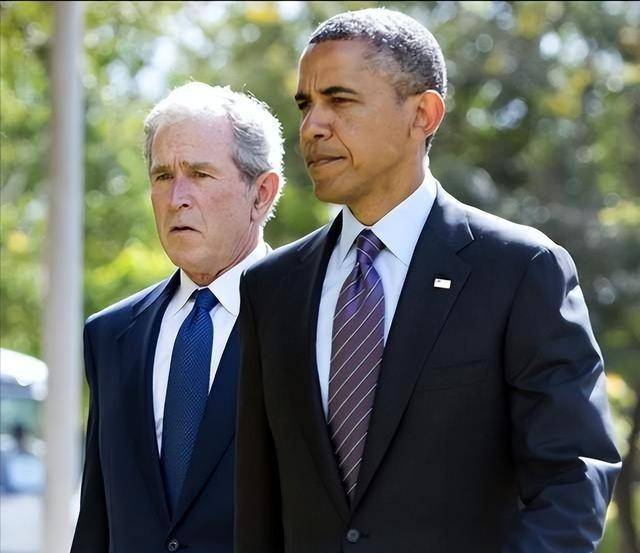
Musk’s “American Party” efforts didn’t stall. He began recruiting allies from tech and business circles, hosting a town hall in Detroit to promote ideas like universal basic income and climate change initiatives. The audience applauded enthusiastically, but political veterans remained skeptical, doubting Musk’s grassroots appeal and organizational skills. Musk, well-funded, poured personal money into the cause, eyeing a run in the 2026 midterms — success was far from guaranteed.

Trump faced ongoing challenges. Protests kept erupting, and his party showed cracks. He traveled the country rallying supporters, but opposition voices remained loud. The shutdown plan for the International Development Agency drew harsh criticism from Obama and Bush, and Congress grew increasingly hesitant, likely delaying any action. Obama stayed active in the public eye, fueling Democratic energy and keeping his influence strong.
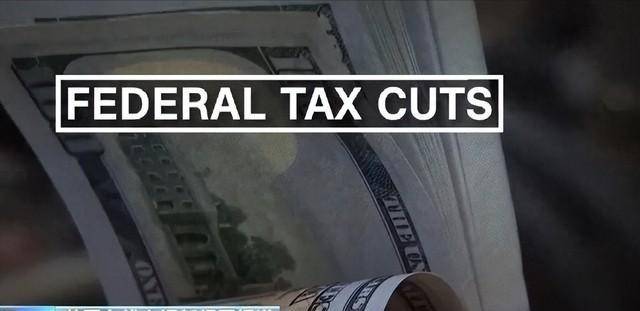
The “Big and Beautiful” bill’s core combined tax cuts with benefit reductions, reminiscent of Trump’s 2017 policies. Back then, the tax cuts boosted the stock market and corporate profits, but average Americans saw little benefit. This time, the $4 trillion cuts were even larger, but experts calculated that 90% of the gains would go to the wealthiest 10%. Meanwhile, the working class lost vital Medicaid and food support, driving up living costs. Economists warned the $36 trillion debt surge was no small matter — future interest payments could strain the federal budget, leaving the U.S. economy vulnerable.
Musk’s creation of the “American Party” wasn’t a spur-of-the-moment move. He had long been influential in tech circles but had political ambitions simmering beneath the surface. Previously, he had supported Republicans and donated to Democrats, showing a flexible stance. His split with Trump suggested frustration with both major parties, pushing him to forge a new path. His platform prioritized technology, innovation, and a touch of libertarianism — universal basic income clearly aimed at winning over younger voters. But American politics demands more than money and ideas; solid voter bases and organizational strength are critical. Whether Musk can pull it off remains uncertain.
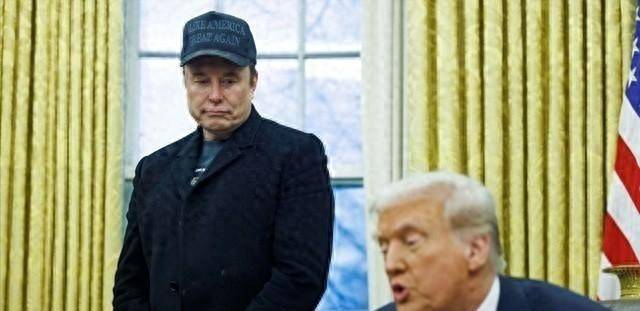
Obama, quiet since leaving office, surprised many by reemerging. Teaming up with Bush was a signal that Trump’s policies were crossing lines that threatened both America’s global reputation and internal stability. At 63, Obama’s stamina may have diminished, but his political savvy and influence endure. The Democratic Party, currently searching for strong leadership, found in him a steadying presence and a voice for younger generations. Whether he will become more politically active depends on how much trouble Trump stirs up next.
Together, these events signaled a potential shift in the political landscape. Partisan conflict deepened, leaving moderates marginalized. Musk’s outsider challenge highlighted the waning appeal of traditional politics. Public trust in government was already fragile, and this controversial bill only intensified protests. America’s political system, over two centuries old, showed signs of aging and strain. The coming years might see new forces emerge to reshape the balance.
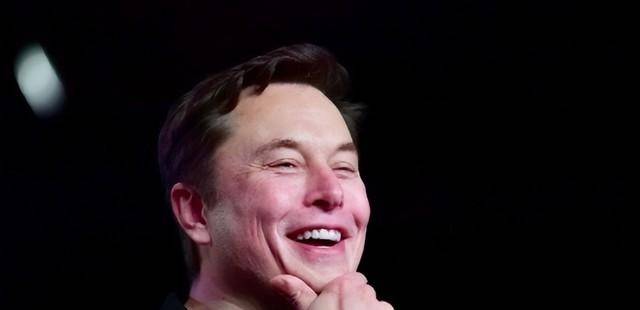
The tumultuous summer of 2025 thrust Trump, Musk, and Obama into the spotlight. The bill’s controversy was far from settled, Musk’s “American Party” was in its infancy, and Obama’s influence kept growing. No one could predict which way America would turn next. This collision of power and ideas might be a fleeting episode or a historic turning point. For ordinary citizens watching the drama unfold, it’s worth reflecting on the forces at play — and whether America can hold steady. What’s your take on all this? Let’s discuss in the comments!
